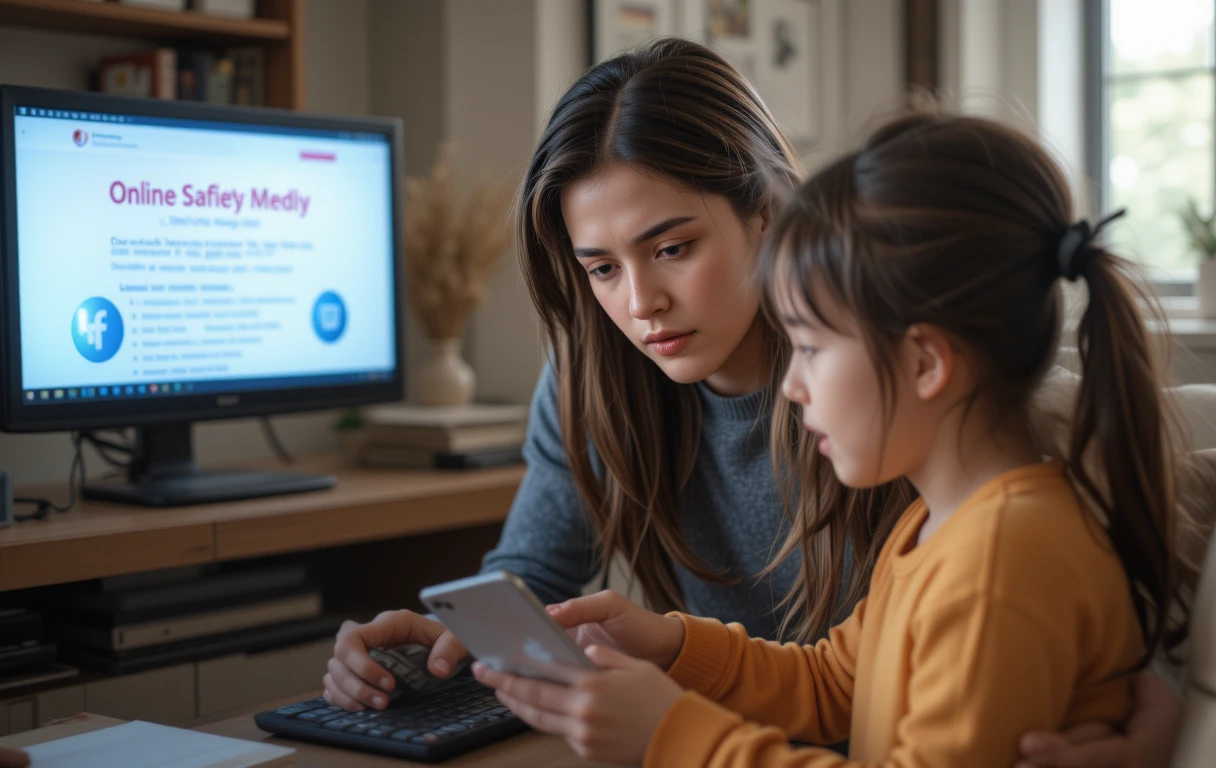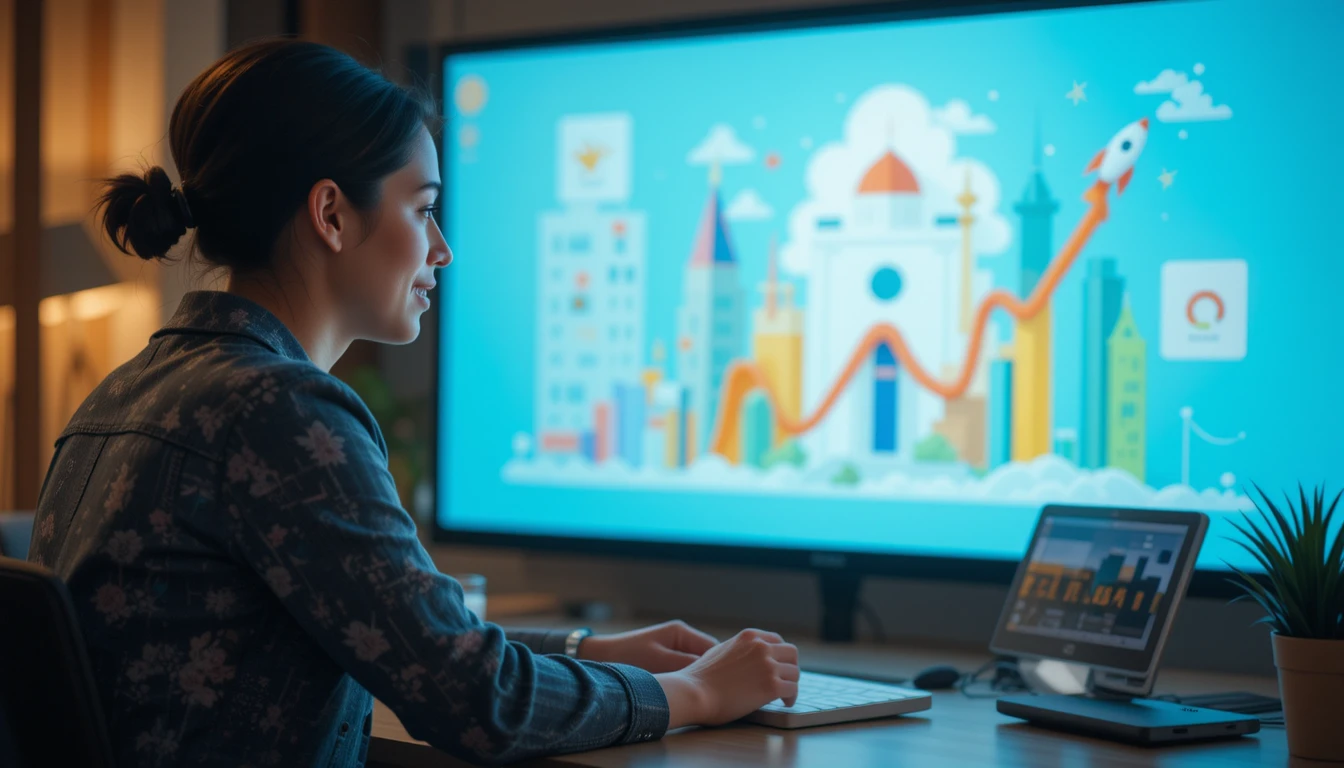Social media has become an inseparable part of our lives. From sharing milestones to discovering global news, platforms like Instagram, TikTok, and Snapchat are woven into the fabric of daily living. But as parents, one of the most pressing concerns is, “Is social media good or bad for kids?” It’s a polarizing question, and the answer isn’t black or white. Social media can be a powerful tool for connection and creativity but also a potential gateway to dangers like cyberbullying, overexposure, and mental health challenges.
In this guide, we’ll dive deep into the pros and cons of social media for children, provide actionable tips for fostering healthy habits, and share practical strategies to keep kids safe online. Let’s help you navigate this tricky terrain with confidence, empathy, and informed decision-making.
What Makes Social Media So Attractive to Kids?
Children and teenagers are naturally drawn to social media for several reasons. At its core, social media fulfills the human need for connection, validation, and self-expression. Here’s why it’s especially appealing to kids:
- Social Connection: Kids use platforms to stay connected with friends, classmates, and even distant family members. Social media provides a sense of belonging, especially during periods of isolation.
- Creativity and Entertainment: Platforms like TikTok and Instagram offer endless opportunities for kids to showcase their creativity through videos, memes, and art.
- Instant Validation: The dopamine rush from likes, shares, and comments creates a feedback loop that’s both addictive and satisfying.
- FOMO (Fear of Missing Out): Many kids fear being left out of trends, jokes, or conversations their peers are part of, making social media feel essential.
While these factors can seem harmless, they also set the stage for certain risks.
The Benefits of Social Media for Kids
Before jumping into the negatives, it’s important to acknowledge the positive role social media can play in a child’s life when used responsibly.
- Educational Opportunities: Social platforms can be a goldmine of educational content. From DIY crafts to coding tutorials, kids can learn new skills and expand their horizons.
- Building Digital Literacy: Navigating social media teaches kids essential 21st-century skills like digital communication, content creation, and critical thinking.
- Community and Support: For children struggling with specific issues (like a chronic illness or social anxiety), online communities can provide support and understanding.
- Creativity Boost: Platforms encourage self-expression, whether it’s through storytelling, photography, or video editing.
The Dark Side: Risks of Social Media for Kids
While the benefits are clear, the downsides of social media can’t be ignored. If not monitored carefully, these platforms can expose children to risks, including:
- Cyberbullying: One of the most significant dangers, cyberbullying affects children emotionally and psychologically, often leading to anxiety, depression, or worse.
- Mental Health Impact: Studies have shown that excessive social media use correlates with increased feelings of inadequacy, loneliness, and low self-esteem in kids.
- Privacy Concerns: Kids often overshare personal information without understanding the risks, leaving them vulnerable to predators or data breaches.
- Screen Addiction: Social media can quickly become an unhealthy obsession, affecting academic performance, sleep patterns, and physical activity.
- Exposure to Inappropriate Content: From violent videos to harmful ideologies, children might stumble upon content that’s far from age-appropriate.
How to Keep Kids Safe on Social Media
As a parent, you play a critical role in guiding your child’s relationship with social media. Here’s how to ensure your child navigates the digital world safely:
1. Open Communication is Key
Start by talking to your child about the potential risks of social media. Make them feel safe to share their online experiences, whether good or bad. Avoid being overly judgmental, as it may deter them from opening up.
2. Set Boundaries and Rules
Define clear guidelines for social media use, such as:
- Time limits for daily usage.
- No phones at the dinner table or during bedtime.
- Regular breaks from social media.
3. Monitor Their Activity Without Invading Their Privacy
Use parental controls and monitoring apps to keep an eye on their social media activity while respecting their need for independence.
4. Educate Them About Online Safety
Teach your child about privacy settings, recognizing online scams, and the importance of not sharing personal information with strangers.
5. Encourage Positive Role Models
Guide your child to follow creators or influencers who promote kindness, creativity, and learning rather than vanity or negative behaviors.
6. Be a Role Model
Practice what you preach! Show your child a healthy balance in your own social media usage to set an example.
Striking the Right Balance
The question, “Is social media good or bad for kids?” ultimately depends on how it’s used. Social media isn’t inherently good or bad—it’s a tool, and like any tool, its impact depends on the user. By fostering open communication, setting healthy boundaries, and educating kids about digital safety, parents can ensure their children enjoy the benefits of social media without falling prey to its pitfalls.
Conclusion
Social media doesn’t have to be a minefield for kids, nor should it be a forbidden zone. By taking proactive steps to educate and guide your child, you can help them enjoy the positive aspects of social media while mitigating the risks. Remember, the goal isn’t to eliminate social media but to empower kids to use it responsibly.




